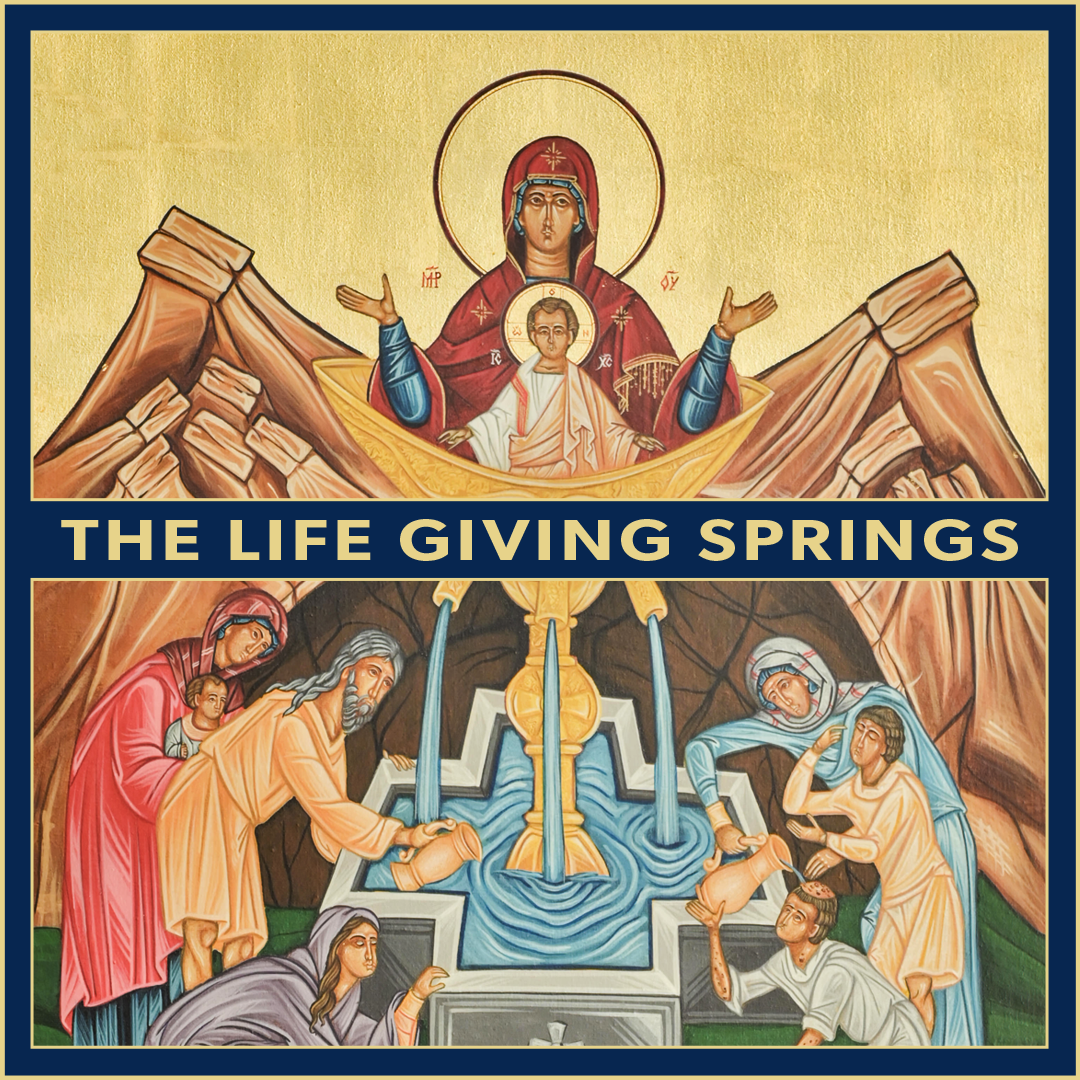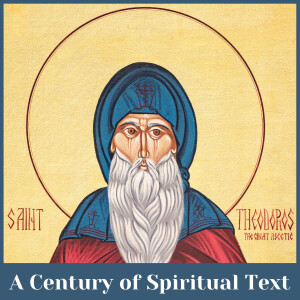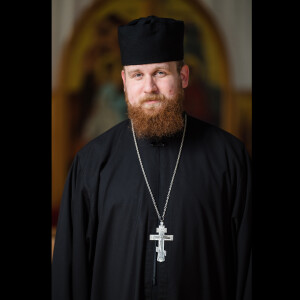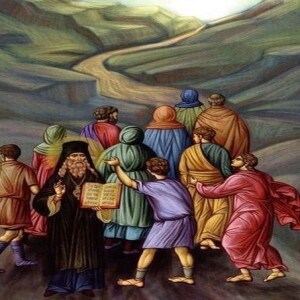
Podcast of Fr. Miron Kerul’-Kmec Jr., a priest of the Archeparchy of Pittsburgh. Fr. Miron is currently an administrator of Sts. Peter and Paul Byzantine Catholic Church, Warren, Ohio. If you would like to contact Fr. Miron directly, you can use this email address: lifegivingspringspodcast@gmail.com Facebook Page: https://www.facebook.com/profile.php?id=61562310433780
Episodes

Monday Nov 25, 2024
St. Theodoros the Great Ascetic 64
Monday Nov 25, 2024
Monday Nov 25, 2024
The Philokalia
Volume 2
St. Theodoros The Great Ascetic
A Century of Spiritual Texts #64
pg. 25

Monday Nov 18, 2024
St. Theodoros the Great Ascetic 63
Monday Nov 18, 2024
Monday Nov 18, 2024
The Philokalia
Volume 2
St. Theodoros The Great Ascetic
A Century of Spiritual Texts #63
pg. 25

Monday Nov 18, 2024
26th Sunday after Pentecost - Petition - For favorable weather
Monday Nov 18, 2024
Monday Nov 18, 2024

Monday Nov 11, 2024
St. Theodoros the Great Ascetic 62
Monday Nov 11, 2024
Monday Nov 11, 2024
The Philokalia
Volume 2
St. Theodoros The Great Ascetic
A Century of Spiritual Texts #62
pg. 24

Sunday Nov 10, 2024
25th Sunday after Pentecost - Petition for Government and City
Sunday Nov 10, 2024
Sunday Nov 10, 2024

Sunday Nov 10, 2024

Monday Nov 04, 2024
St. Theodoros the Great Ascetic 61
Monday Nov 04, 2024
Monday Nov 04, 2024
The Philokalia
Volume 2
St. Theodoros The Great Ascetic
A Century of Spiritual Texts #61
pg. 24

Sunday Nov 03, 2024
24th Sunday after Pentecost - Petition for the Pope, Bishops and Priests
Sunday Nov 03, 2024
Sunday Nov 03, 2024
Petition - For our holy father (Name), Pope of Rome, for our most reverend Metropolitan (Name), for our God-loving Bishop (Name), for the venerable presbyterate, the diaconate in Christ, and all the clergy and people, let us pray to the Lord.

Thursday Oct 31, 2024
Behind the Kitchen Table Ep. 34
Thursday Oct 31, 2024
Thursday Oct 31, 2024
Path to Salvation by St. Theophan the Recluse
Chapter 2 - The Chief Activities of the Body, Soul and Spirit
1. Surrounding the Child with Sacred Images

Monday Oct 28, 2024
St. Theodoros the Great Ascetic 60
Monday Oct 28, 2024
Monday Oct 28, 2024
The Philokalia
Volume 2
St. Theodoros The Great Ascetic
A Century of Spiritual Texts #60
pg. 23

Sunday Oct 27, 2024
Sunday Oct 27, 2024
Sorry for the editing mistakes.

Monday Oct 21, 2024
St. Theodoros the Great Ascetic 59
Monday Oct 21, 2024
Monday Oct 21, 2024
The Philokalia
Volume 2
St. Theodoros The Great Ascetic
A Century of Spiritual Texts #59
pg. 23
